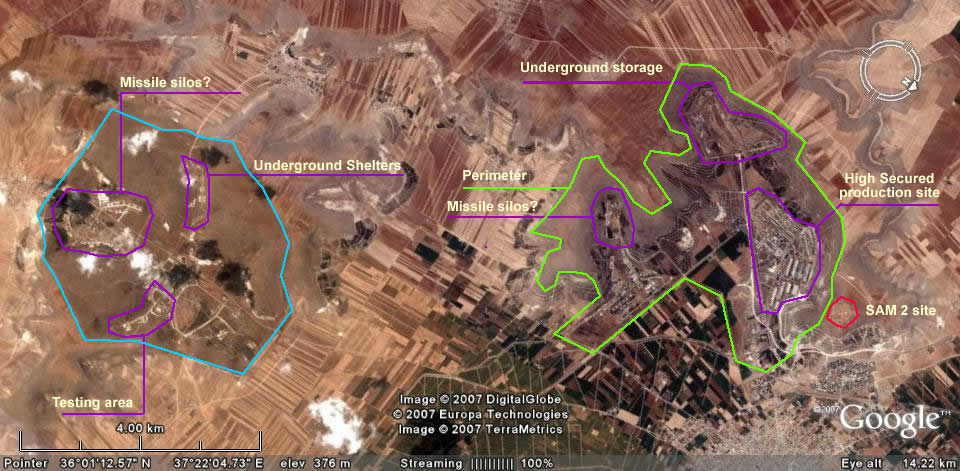Israel has serious concerns about what will happen to “huge stockpiles” of chemical and biological weapons in Syria when the Assad regime collapses, a senior military official said in Jerusalem on Tuesday.
Major-General Amir Eshel, head of the Israeli military’s planning division, said the working assumption was the regime of President Bashar al-Assad would eventually fall.
“The question is when, not if. And the big question is what’s going to come the day after,” he said.
“The immediate concern is the huge stockpiles of chemicals, biologicals (weapons), strategic capabilities that are still going into Syria, mainly from eastern Europe,” Eshel said.
“That’s a major concern because I don’t know who is going to own those the day after. Up till now, what has been transferred to Hezbollah? What will be transferred to Hezbollah? What will be divided between those factions inside Syria? What is that going to create?
“We are talking about huge stockpiles,” he said.
The regime has spearheaded a bloody crackdown on pro-democracy activists seeking to overthrow Assad, who has vowed to remain in power, raising the spectre of civil war between Syria’s many religious sects if he steps down.
Eshel said the threat of civil war was a real possibility if Assad clung to power.
“If Assad will adopt this Yemenite model and leave, it might prevent a civil war,” he said, referring to an agreement that saw Yemen’s former president Ali Abdullah Saleh agree in November to leave power.
“But if he won’t leave of his own will, we might get into civil war,” he said. “If there will be a civil war, it might be a disaster.”
Eshel also warned that Syria faces bankruptcy, which could create new instability.
“I think the major challenge the Syrians will face in a few months, is bankruptcy. The reserves will be zero, and this is going to create, I think, internal turmoil. We can expect refugees in many countries.”
On January 10, Israel’s Chief of Staff Lieutenant General Benny Gantz told MPs that the military was preparing for the possibility of an influx of Syrian refugees, particularly on the occupied Golan Heights.


Leave a Reply
You must be logged in to post a comment.